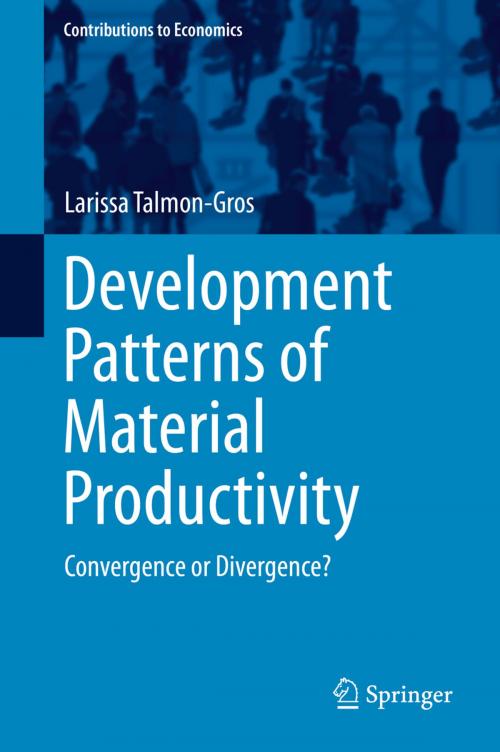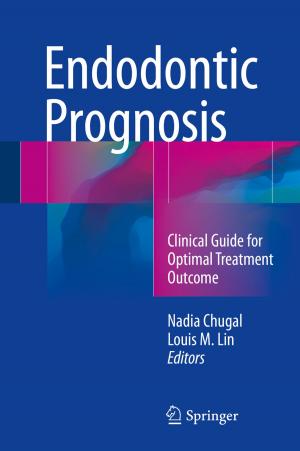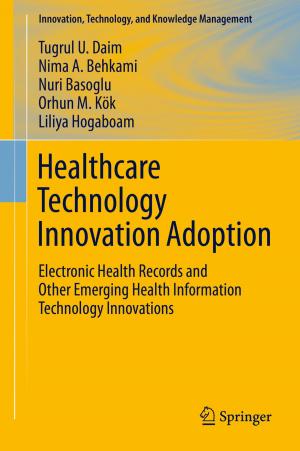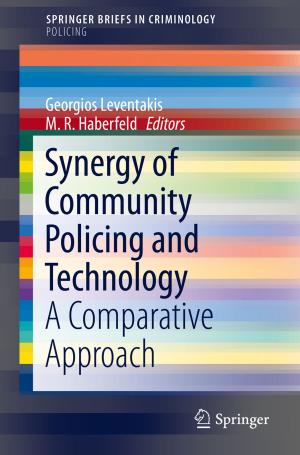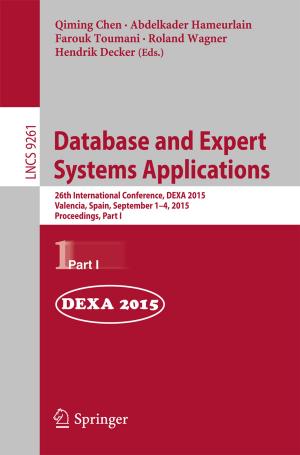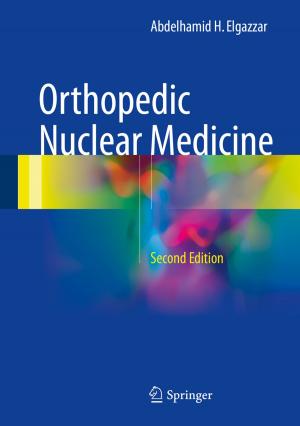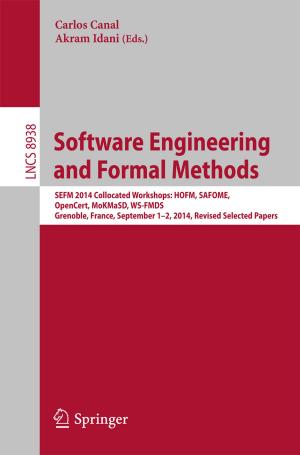Development Patterns of Material Productivity
Convergence or Divergence?
Business & Finance, Economics, Economic Development| Author: | Larissa Talmon-Gros | ISBN: | 9783319025384 |
| Publisher: | Springer International Publishing | Publication: | February 10, 2014 |
| Imprint: | Springer | Language: | English |
| Author: | Larissa Talmon-Gros |
| ISBN: | 9783319025384 |
| Publisher: | Springer International Publishing |
| Publication: | February 10, 2014 |
| Imprint: | Springer |
| Language: | English |
Increasing concerns regarding the world’s natural resources and sustainability continue to be a major issue for global development. As a result several political initiatives and strategies for green or resource-efficient growth both on national and international levels have been proposed. A core element of these initiatives is the promotion of an increase of resource or material productivity. This dissertation examines material productivity developments in the OECD and BRICS countries between 1980 and 2008. By applying the concept of convergence stemming from economic growth theory to material productivity the analysis provides insights into both aspects: material productivity developments in general as well potentials for accelerated improvements in material productivity which consequently may allow a reduction of material use globally. The results of the convergence analysis underline the importance of policy-making with regard to technology and innovation policy enabling the production of resource-efficient products and services as well as technology transfer and diffusion.
Increasing concerns regarding the world’s natural resources and sustainability continue to be a major issue for global development. As a result several political initiatives and strategies for green or resource-efficient growth both on national and international levels have been proposed. A core element of these initiatives is the promotion of an increase of resource or material productivity. This dissertation examines material productivity developments in the OECD and BRICS countries between 1980 and 2008. By applying the concept of convergence stemming from economic growth theory to material productivity the analysis provides insights into both aspects: material productivity developments in general as well potentials for accelerated improvements in material productivity which consequently may allow a reduction of material use globally. The results of the convergence analysis underline the importance of policy-making with regard to technology and innovation policy enabling the production of resource-efficient products and services as well as technology transfer and diffusion.
